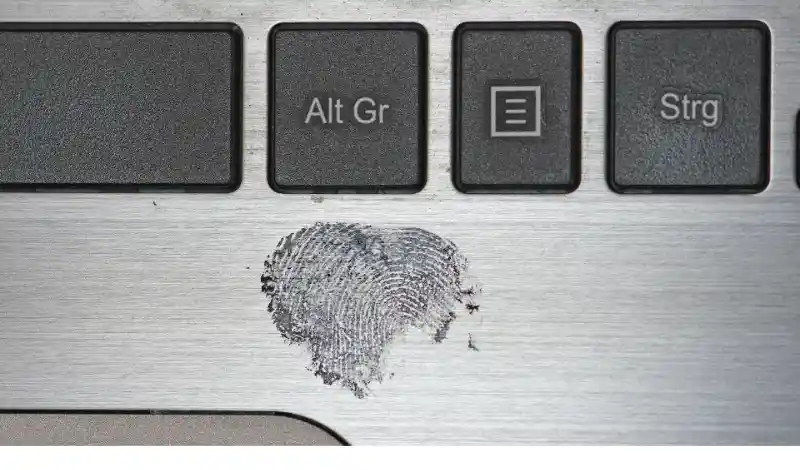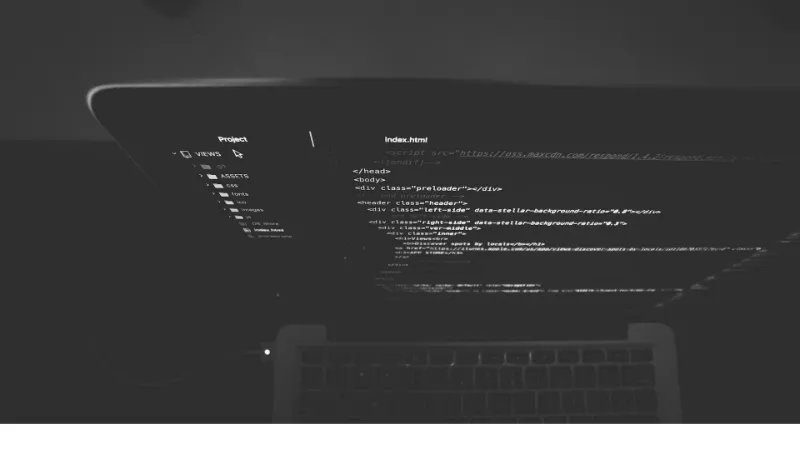WhatsApp has become a major player in our interconnected world, allowing us to keep in touch with loved ones, communicate with colleagues, and even conduct business.
But with the widespread use of this platform, questions about privacy and data security often pop up.
Today, we’ll tackle one such question: Does the other person know if you forward a message on WhatsApp?
In this blog post, we’ll delve into WhatsApp’s message forwarding feature, the privacy implications of message forwarding, and how WhatsApp’s privacy features, including the “Forwarded” label and end-to-end encryption, come into play.
For those keen on enhancing their privacy, we’ll share tips on adjusting privacy settings and following best practices.
Quick Answer
The original sender won’t get notified when you forward a message on WhatsApp. No in-built feature in WhatsApp alerts a person when their message has been forwarded to another user or group.
However, once forwarded, the message will have a “Forwarded” label for the recipient to see, but this doesn’t reveal the original sender’s identity.
Remember, while you can forward a message discreetly, the content you share should respect others’ privacy. Let’s move on to more detailed aspects of WhatsApp’s forwarding feature and the associated privacy concerns.
Understanding WhatsApp’s Forwarding Feature
WhatsApp’s message forwarding feature is simple and user-friendly, making it easy for users to share text, media, or documents with their contacts. Here’s how you can do it:
How to Forward a Message on WhatsApp
- Open the WhatsApp chat containing the message you want to forward.
- Long press on the message. It will become highlighted.
- Tap the Forward icon (an arrow) that appears at the top of the screen.
- Select the contacts or groups to whom you want to forward the message, then tap the Send button.
This straightforward process has made message forwarding a popular feature among WhatsApp users. However, it also raises some privacy concerns.
How Does Forwarding Impact Privacy on WhatsApp
When you forward a message on WhatsApp, the message carries a “Forwarded” label that indicates to the recipient that the message wasn’t originally composed by you.
However, it doesn’t disclose the original sender’s information, thereby maintaining their privacy to a certain degree.
Nonetheless, it’s worth noting that the content of forwarded messages can sometimes have unintended privacy implications, particularly if personal information is shared without consent.
Hence, it’s crucial to consider the contents of a message before forwarding it, keeping in mind WhatsApp’s terms of service and respect for privacy.
Exploring WhatsApp’s Privacy Features
WhatsApp is designed with user privacy in mind, and they’ve implemented certain features to ensure that. Let’s take a closer look.
The “Forwarded” Label
Introduced in 2018, WhatsApp’s “Forwarded” label is automatically applied to any message forwarded from another chat.
It’s a small but significant feature designed to provide transparency and context to the recipient.
If you get a message with the “Forwarded” label, you’ll know it didn’t originate from the sender, though the original sender remains anonymous.
End-to-end Encryption and Forwarding
WhatsApp uses end-to-end encryption to secure your messages. This means only you and the person you’re communicating with can read what’s sent – not even WhatsApp can access your messages.
This encryption applies to forwarded messages too. However, remember that once a message is forwarded, it’s out of your control. So it’s essential to forward messages responsibly.
WhatsApp Forwarding Best Practices
Understanding and respecting the privacy implications of message forwarding on WhatsApp is essential for maintaining both your and others’ privacy.
Here are a few tips:
Think Before You Forward
Remember the golden rule of digital communication: don’t share someone else’s personal information without their consent.
If a message contains personal or sensitive information, think twice before forwarding it.
Remove Personal Information
If you must share a useful message containing personal data, consider copying the text, removing the personal information, and sending it as a new message instead of forwarding it.
Make Use of Broadcast Lists
If you’re sharing a message or update with multiple contacts who don’t know each other, consider using the Broadcast List feature.
This sends the message individually to each person on the list, rather than creating a group where everyone’s numbers are visible.
Verify Information
Fake news can spread rapidly through forwarded messages on WhatsApp. Verify its accuracy before forwarding a message, especially one claiming to provide news or important information.
Frequently Asked Questions (FAQ)
Q: How can I send a message on WhatsApp without it showing forward?
A: To do this, long-press on the message you want to forward, then tap on the ‘Copy’ option. Now, go to the chat where you want to send the message, paste it, and hit send.
This method won’t trigger the “Forwarded” label.
Q: How does WhatsApp know a message has been forwarded many times?
A: If a message has been forwarded more than five times, WhatsApp labels it as “Forwarded Many Times”. This label aims to control misinformation and encourage mindful sharing of information.
Q: Can a forwarded message be traced back to me?
A: No, WhatsApp’s end-to-end encryption ensures that forwarded messages can’t be traced back to the original sender by recipients or even by WhatsApp itself.
However, do remember to be mindful of the content you share.
Conclusion
To sum it all up, the original sender is not notified when you forward their message on WhatsApp. This is part of the privacy features embedded in the app’s design.
However, the responsibility of respecting and appropriately using this feature lies with us, the users.
When forwarding a message, consider the potential implications on privacy, particularly if the message contains personal or sensitive information.
Remember, our online actions have real-world effects, and a thoughtful approach to sharing information can go a long way in maintaining privacy and preventing the spread of misinformation.









